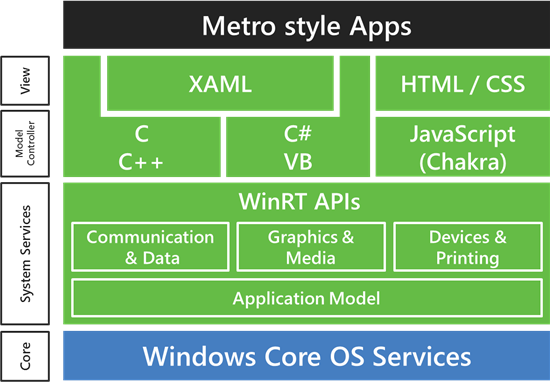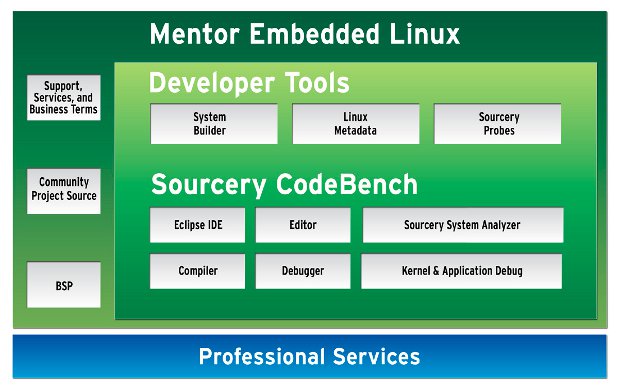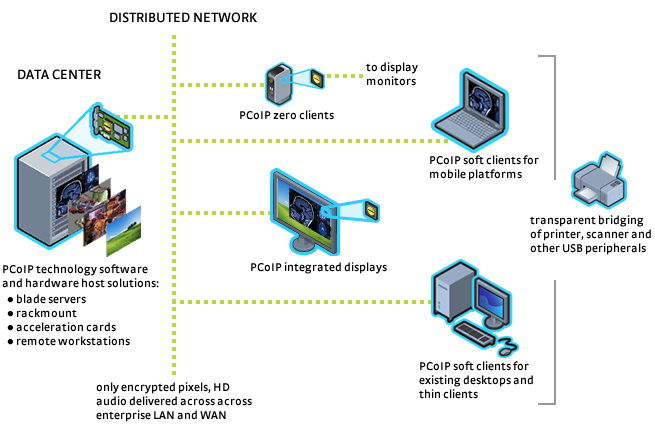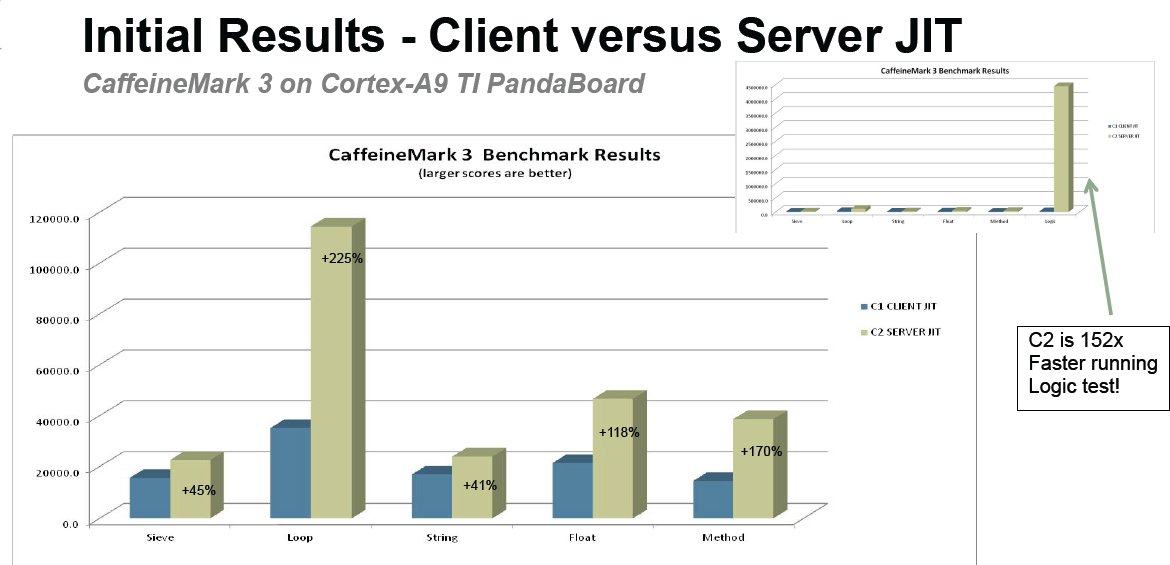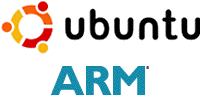Steven Sinofsky, President of the Windows Division at Microsoft, has written a long blog post entitled “Building Windows for the ARM processor architecture” where he explains how Windows On ARM (WOA) will be deployed, the steps they took to develop it and what developers can do to program or port existing apps to Windows 8. Here are some keys and interesting points I noted: WOA and Windows 8 for x86/64 PCs will ship at the same time and the user experience should be the same for consumers on both platform. WOA PCs will be powered by Texas Instruments, Nvidia and Qualcomm processors. Microsoft will release an Unified OS Binary for WOA – That means one binary will run on all platforms (be it TI, Nvidia or Qualcomm). That seems impressive, and something Linux is not capable of, although much work is done on that and a unified linux kernel should […]
Mentor Embedded Linux Kits for BeagleBoard and PandaBoard
Mentor Embedded has recently released free Linux Kits for the BeagleBoard (TI OMAP3) and Pandaboard (TI OMAP4) low cost development boards. Both Mentor Embedded Linux (MEL) kits include: Mentor Embedded Linux Lite, a pre-built Yocto-based distribution, including libraries and headers A Linux Board Support Package (BSP) for your reference board A pre-built filesystem for the target Sourcery CodeBench Lite for application development Installation / Application Development Guides Since Mentor Embedded provides the “Lite” version of their kits, some of the tools mentioned in the diagram above (e.g. Codebench IDE, System Analyzer…) are not available in the free kits. After free registration, you can download the 2 kits on Mentor Embedded website: PandaBoard Linux Kit BeagleBoard Linux Kit and you’ll have access to 3 downloads: Mentor Embedded Linux Kit Installer Quick Start guides Source files which are optional. You can get support for the kits via Mentor Embedded Linux mailing list. […]
Archos 80/101 G9 Firmware Version 3.2.80 Released
Archos has just released a new firmware for Archos 80 G9 / 101 G9 and A70B. Here’s the ChangeLog: Version 3.2.80 – February 3rd, 2012 Video: improve audio/video synchronization on HDMI Video: improve playback of some FLV files File manager: add ability to copy files larger than 4GB Keyboard: better Arabic virtual keyboard layout Internationalization: translations improvements for Arabic and Hebrew Flash on A70B: fix flash video not displayed on some web sites Video on A70B: improve 720p playback support on LCD and TV out Hard drive based products: avoid suspend/resume issues happening sometimes The update should be done automatically OTA, but alternatively the firmware can be downloaded at http://update.archos.com/9/gen9/gen9_3.2.80/firmware_archos_it4.aos Jean-Luc Aufranc (CNXSoft)Jean-Luc started CNX Software in 2010 as a part-time endeavor, before quitting his job as a software engineering manager, and starting to write daily news, and reviews full time later in 2011. www.cnx-software.com
Run Windows 7 (or Any OS) on Android Tablets with PCoIP Protocol
Teradici has developed PCoIP (PC-over-IP) protocol, a technology that allows to run a full desktop remotely over the network on thin clients, desktops, integrated displays, laptops and even Android tablets. The PCoIP protocol compresses, encrypts and encodes the entire computing experience at the data center and transmits it ‘pixels only’ across any standard IP network to stateless PCoIP zero clients. The PCoIP protocol is implemented in silicon for hardware accelerated performance and in software in VMware View. It supports high resolution, full frame rate 3D graphics and HD media, multiple large displays, full USB peripheral connectivity, and high definition audio all via LAN or WAN networks. A typical network made of PCoIP clients is shown below. Teradici emphasizes three key features of PCoIP technology: PCoIP technology uses host rendering Most other remote desktop technologies uses client rendering which may not be optimal and requires somewhat powerful clients. PCoIP uses host […]
Java SE Server Compiler now Available on ARM
Hardware and software development is going full-steam ahead for ARM servers. After Calxeda and AppliedMicro server SoCs – based respectively on Cortex A9 and ARMv8 architecture – have been announced and Ubuntu focusing further ARM development on Servers (Calxeda, Marvell and ARMv8), Oracle has released the Java SE server compiler – a throughput optimizing JIT compiler – for ARMv7. The ARMv7 server compiler is part of Java SE for Embedded 7 Update 2. First, some quick explanations on the 2 JIT compilers available for Java SE: Client: The client compiler is a fast start-up, lightly optimizing compiler. It’s better suited for smaller footprint systems and those running applications that require fast start-up such as Android applications. Server: The server compiler is optimizing code for throughput and produces highly-optimized code but incurs a start-up cost in achieving that. The server compiler only works on ARMv7 processors with hardfloat (VFPv3 FPU), and initial […]
Linaro 12.01 Release with Kernel 3.2 – Android 4.0.3
Linaro has just released version 12.01 based on Linux Kernel 3.2 and Android ICS upgraded to 4.0.3. A lot of work has been done to have video hardware decoding on OMAP 4 (in GStreamer) enabling Pandaboard to run Ubuntu TV and XBMC with Video HW acceleration. Prebuilt binaries for Linaro GCC and Linaro GDBare now available which means you don’t need to use Ubuntu with Linaro Toolchain. It has been tested with Debian 6.0.2, Fedora 16, openSUSE 12.1 and Red Hat Enterprise Linux Workstation 5.7 and should run on any Linux Standard Base 3.0 compatible distribution. Windows binaries are also available and known to work on Windows XP Pro SP3, Windows Vista Business SP2 and Windows 7 Pro SP1. Here are the highlights of the release: Android Linaro’s ICS has been upgraded to 4.0.3. Linaro Android ICS builds are now optimized using -O3 with the Linaro Toolchain. Click through builds […]
The Past, Present and Future of Ubuntu for ARM
David Mandala of Canonical talked at Linux.Conf.Au on 18th of January 2012 about Ubuntu for ARM and the move from netbook to server support. You can read my notes below, or jump at the end of this post to watch the presentation. The Past 2008: Ubuntu decides to only support ARMv7 architecture vs. Debian that supports ARMv4 and above. 2009: Ubuntu release for Freescale i.MX51 (ARMv5 built), and then Marvell ARMAVA with ARMv6 and VFP (ARM floating point unit) support. 2010: April (10.04) The first ARMv7 release for OMAP3 (Beagleboard) with VFP, Thunb2, NEON and SMP for ARM and first netbook edition October (10.10) Pandabord (OMAP4) release with initial device tree support for ARM. Starts work with Linaro. 2011: 11.04 (5th release) – Supports OMAP3 and OMAP4 only. The netbook edition is using Qt, further improvement to device tree, further work with linaro and on the way to the Unified […]
Embedded Linux Conference 2012 Schedule
The Embedded Linux Conference (ELC 2012) will take place on February 15 – 15, 2012 at Hotel Sofitel in San Francisco. ELC consists of 3 days of presentations, tutorials and sessions. There will be over 50 sessions during those 3 days. I’ll highlight a few sessions that I find particularly interesting. February 15 10:30 – 11: 30 – Profiling and Performance Measurement Techniques Using Linux Kernel Tools by Govindraj Raja, Software Engineer at Texas Instruments and Partha S Basak, Technical Manager at Texas Instruments. With ever growing features and functionality of Linux kernel, one needs methods to trace and profile parts of Linux kernel for various reasons like performance analysis, debugging etc. This presentation aims at providing an insight into few of these tools and their salient features. Supporting use case data as captured on open source OMAP4 pandaboard is also provided. 14:00 – 15:00 – The Yocto Project Overview […]


